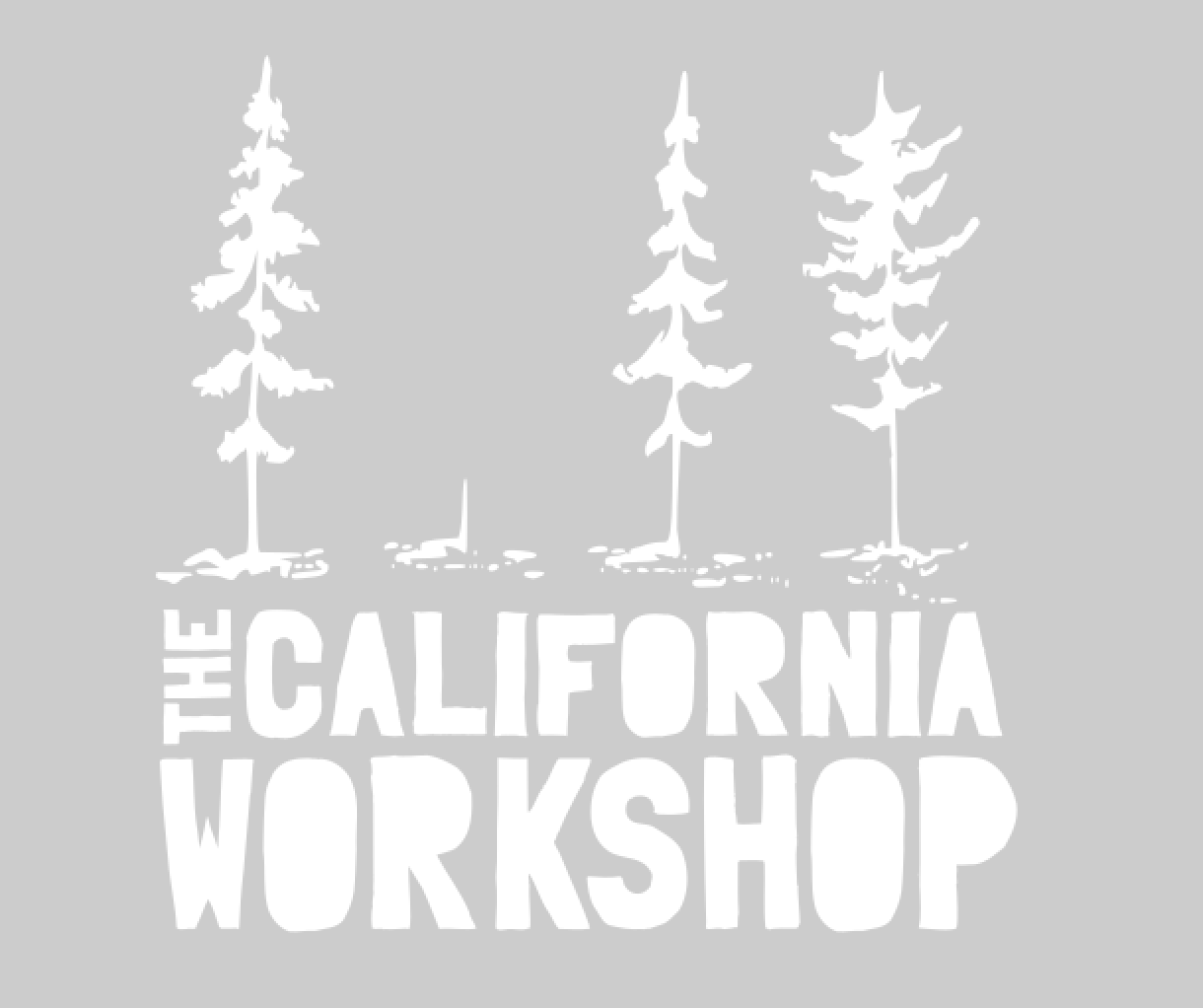“Thrift is poetic because it is creative; waste is unpoetic because it is waste.”
― G.K. Chesterton, What's Wrong with the World
Chesterton (29 May 1874 – 14 June 1936), was called "a man of colossal genius" by George Bernard Shaw. Much of his work challenged strongly entrenched social conventions. I would normally try to summarize his ideas with words of my own but I think Dale Ahlquist says it perfectly in this short essay for the the American Chesterton Society.
Consumerism
Part of the idea of what people refer to as “The American Way of Life,” is wrapped up in the whole notion of our “Standard of Living.” The “Living Standard” is a measure of consumer spending. It is concerned with how many things we can buy, how expensively we are able to live, what luxuries we might afford. For many (perhaps most) Americans, the purpose of work is to earn a wage or salary in order to support the level of consuming that we believe is right for us and will make us happy.
Americans will say they reject these materialistic ideals. Yet they might find it difficult to explain how their vision of work and leisure differs from the “getting and spending” syndrome that plagues our society.
Chesterton’s writings offer a ready cure for this disease. He will remind us that work is or should be a vocation and that it is really more fun to produce than to consume. He will remind us that the end purpose of work is a product, not a wage, and that all the exchanges in which people exploit one another, both socially and financially, are also opportunities for people to dignify one another.
Chesterton lamented that “the spotlight of social importance” had passed from workmanship to salesmanship and from thrift to indebtedness. He regretted that “the tricks of every trade are tricks of selling things rather than tricks of making them.” He knew that the getting and spending lifestyle is no road to any kind of happiness. Chesterton called his alternative “Distributism,” and those who dismiss it as “impractical” have nothing to offer us but materialistic dreams of avarice and clutter.
And for further reading in Chesterton’s works, see “The Enemies of Property” and “The Modern Slave” in What’s Wrong with the World and “A Workman’s History of England” in Utopia of Usurers.
Click on the title to comment on this or any of our posts.

